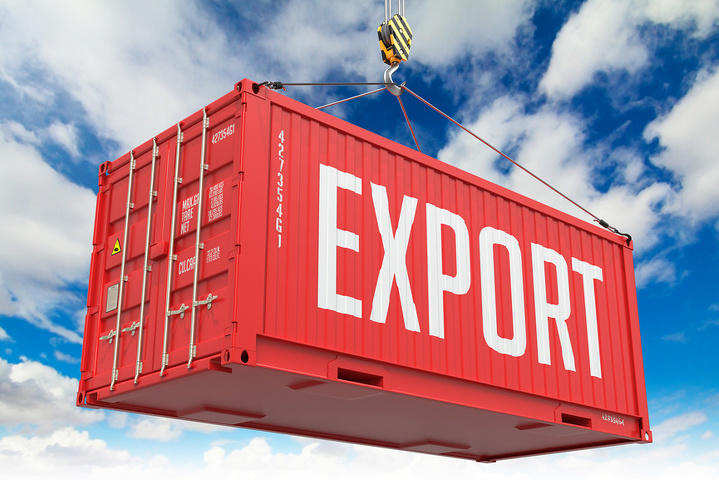
DHAKA, July 7, 2021 (BSS) - Experts at a webinar today observed that long term, low cost and easy access to finance and adequate policy support including fiscal and non-fiscal incentives to the non-RMG potential export-oriented sectors, equal treatment, policy reforms, skill development are necessary to enhance their export diversification after LDC graduation.
They made the observation at the virtual dialogue on “Challenges and way forward on export diversification of Bangladesh upon LDC graduation” organized by Dhaka Chamber of Commerce and Industry (DCCI), said a press release.
Vice Chairman and CEO of Export Promotion Bureau (EPB) AHM Ahsan joined the dialogue as the chief guest.
In his speech, AHM Ahsan said LDC graduation is a pride for Bangladesh as well as it will create some challenges for them.
But government is taking necessary strategies for smooth and sustainable LDC graduation. Not only products diversification, we have to focus on geographical diversification as well, he said.
He meant to expedite our export market to Latin America, Africa, Asian and Middle Eastern countries other than EU and USA.
Service sector contribute about 60 percent to the country’s GDP so we have to give emphasis on this sector, he added.
Last year 81 percent export earnings came from RMG sector alone, he said.
“After LDC we cannot rely only on one specific sector. We have to follow RMG success model to other promising sector and also nourish those sectors in this breathing space,” he added.
He also said that it is high time we need work on how to reduce cost of production, develop skills, enhancing marketing policy, product promotion. A study can be done to chalk out whether PTA and FTA are more beneficial or not apart from revenue perspective.
DCCI President Rizwan Rahman in his opening remarks said that after graduation from LDC, Bangladesh will be deprived of many international support measures and will face different duty and non-duty tariff related challenges.
Bangladesh includes 1750 goods in its export basket of which 81 percent constitutes from RMG sector, he added.
Moreover, to compete in the international export market after graduation, our small and medium scale industries like jute, agro processing, leather goods, footwear, pharmaceuticals, light engineering, ICT including RMG and other emerging sector will have to face various competitions, he said.
Besides, he said, Bangladesh will face a challenge of competing in the international market, maintaining products’ quality, adopting changed consumer behavior, cost of research and innovation.
He thus stressed on formulating strategic recommendations identifying potential export sector other than RMG.
“We have five years more as a breathing time and by this time we need to make our industries ready to face the challenges of post-LDC period,” Rizwan Rahman said.
Professor Dr Mustafizur Rahman, Distinguished Fellow, Centre for Policy Dialogue (CPD) said RMG is a success model to them.
“But now it is the high time to give focus on other potential non-RMG sectors like agriculture, pharmaceuticals, light engineering, ICT, leather goods and jute sector. At present 70 percent of our export are under preferential market access. After LDC graduation compliance will be a major issue. We have enforce domestic regulations WTO compliant. In that case industry readiness is more important. Our labour may be cheap but we do not export labour so we have make our labours productive, he emphasized,” he added.
He also reiterated innovative finance. Pharmaceutical industry has a $3 billion local market in Bangladesh, so it is a large sector.